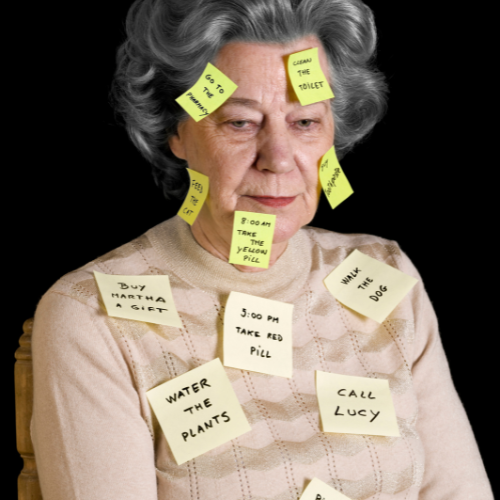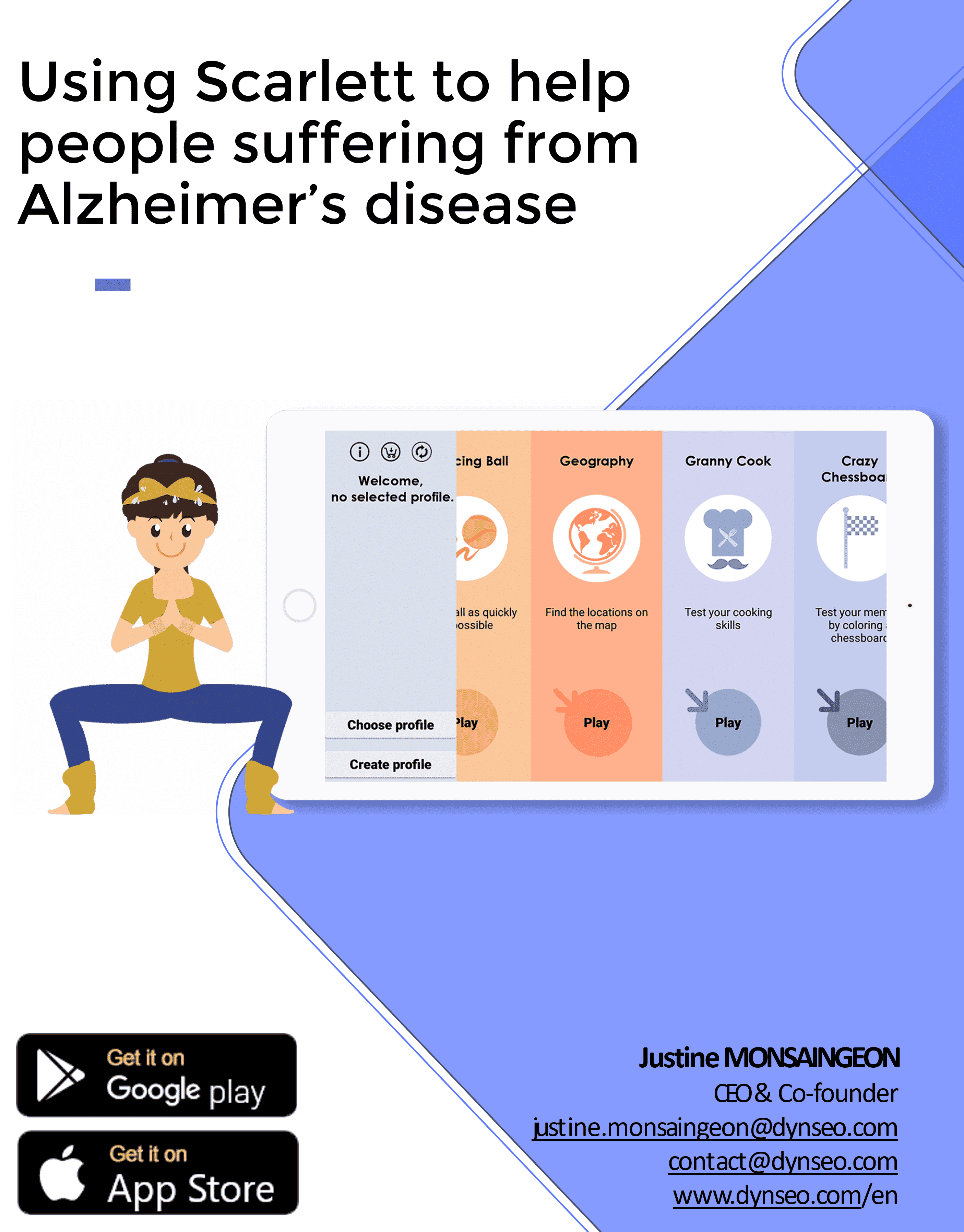There are many health care professionals involved in the care of patients with Alzheimer’s disease. The following is a list of health care professionals who may be involved in the care of Alzheimer’s patients:
– General practitioner
This is often the first point of contact for Alzheimer’s patients. The general practitioner can help diagnose the disease, prescribe medications to treat symptoms and help coordinate care.
– Neurologist
A neurologist is a specialist who can help diagnose Alzheimer’s disease and monitor the progression of the disease. They may also prescribe medications to treat symptoms.
– Geriatrician
Geriatricians are physicians who specialize in the care of the elderly. They can help manage age-related health problems and provide supportive care for patients with Alzheimer’s disease.
– Psychologist
Psychologists can help Alzheimer’s patients and their families manage the psychological effects of the disease, such as depression and anxiety.
– Occupational Therapist
An occupational therapist can help patients with Alzheimer’s disease maintain their independence and autonomy by teaching them strategies for managing daily tasks.
– Speech-Language Pathologist
Speech-language pathologists can help patients with Alzheimer’s disease improve their communication and language comprehension.
– Nurse
Nurses can help coordinate care, administer medications, and provide supportive care to patients with Alzheimer’s disease.
Objectives of the care of an Alzheimer patient
The goals of care for patients with Alzheimer’s disease may vary depending on the symptoms and severity of the disease, but here are some common goals:
– Slowing the progression of the disease Although there is no cure for Alzheimer’s disease, some medications can slow the progression of the disease and improve symptoms.
– Managing symptoms : Patients with Alzheimer’s disease may experience a variety of symptoms, such as memory problems, confusion and agitation. Healthcare professionals can help manage these symptoms to improve the patient’s quality of life.
– Provide support to caregivers : Caregivers of Alzheimer’s patients can face emotional and physical challenges. Healthcare professionals can provide support to caregivers to help them cope with the challenges of caring for a loved one with Alzheimer’s disease.
– Maintaining Independence and Quality of Life : Health Care Professionals Can Help Patients with the Disease
How to improve the quality of life of a senior Alzheimer at home?
Supporting a senior with Alzheimer’s disease at home can be challenging, but there are steps that can be taken to improve the quality of life for the patient and their caregivers. Here are some tips for accompanying a senior with Alzheimer’s disease at home:
– Create an adapted environment
It is important to create a safe and supportive environment for the patient. This may include installing grab bars in the bathroom, removing carpets or obstructions in rooms of the house, installing night lighting, etc.
– Establish a routine
People with Alzheimer’s disease need routine and structure to feel safe. It is therefore important to establish a daily routine and to stick to it as much as possible.
– Encourage physical activity
Regular exercise can help maintain a patient’s mental and physical health. Simple activities such as walking, gentle yoga or dancing can be beneficial
– Promote cognitive stimulation
Stimulating the memory of Alzheimer’s patients can be done through simple and fun programs on a tablet, such as the SCARLETT program. The 30 games are adapted to Alzheimer’s patients, and allow to create a link between the seniors and the caregiver, professional or family.
– Avoiding over-stimulation
People with Alzheimer’s disease can be easily overstimulated, so it’s important to limit distractions and create a calm, peaceful environment.
– Promote social interaction
Social interactions are important to the patient’s mental and physical health. It is therefore important to encourage meetings with family, friends or neighbors.
– Taking care of yourself
Family caregivers can be very busy and need time to rest. It is therefore important to take care of yourself and ask for help if necessary.
– Seek the services of a health care professional
Health care professionals, such as nurses, caregivers or specialized Alzheimer teams, can help with the day-to-day management of the disease and provide support to family caregivers. You can also benefit from the intervention of specialized Memory Assessment clinics, also know as Memory Care.
What is Memory Care?
In the US, Memory Care clinics provide comprehensive diagnosis and recommendations for individuals suffering from memory problems, including Alzheimer’s disease. You can also find memory care centers and units within nursing homes and assisted living facilities, which provide specialized care for individuals with Alzheimer’s.
Usually, said services will offer, along with a diagnosis, different ways to take care of people suffering from Alzheimer’s. Some of them might also offer different kind of formations for caregivers, for at-home care, in order for them to feel more comfortable and prepared to care for their loved ones.
The role of those services is to accompany the patient and his or her family throughout the course of the Alzheimer’s disease. They can perform regular assessments of the patient’s health status and propose solutions adapted to his or her needs, such as the implementation of a personalized care plan, the adaptation of the home, the provision of home help or the implementation of adapted activities.
Those clinics work in close collaboration with health professionals in the region (general practitioners, neurologists, nurses, etc.) to ensure comprehensive and coordinated patient care. They can also provide psychological and social support to family caregivers, who may feel overwhelmed by the burden of care.
You can find more about Memory Care centers, especially if you’re searching for one, on the AFA (America’s Foundation for Alzheimer) official website.

The different facilities that can accompany an Alzheimer person
There are different types of facilities available to accompany a person with Alzheimer’s disease. Here are some examples:
– Day care centers
These are structures that offer activities adapted to people with Alzheimer’s disease during the day. People can go once or several times a week, which allows them to get out of their homes and meet other people in a safe environment.
– Temporary accommodation
They are intended to accommodate people with Alzheimer’s disease for a temporary period, whether to relieve family caregivers, to allow the person to recover after hospitalization, or for a trial period before entering a retirement home.
- Retirement homes: Retirement homes specializing in Alzheimer’s disease offer a secure living environment adapted to the specific needs of patients. Residents benefit from personalized support and the presence of health professionals.
- Special units in retirement homes: Some retirement homes have special units for people with Alzheimer’s disease. These units have a suitable environment and staff trained to meet the needs of the patients.
- Residential homes: These are structures that offer individual housing adapted to people with Alzheimer’s disease, with personalized support and regular presence of health professionals.
It is important to choose a facility that meets the needs of the person with Alzheimer’s disease and is tailored to their preferences and abilities. Family and caregivers can also receive support and guidance to help them find the best care solution for their loved one.
The role of the Memory Care center is to accompany the patient and his or her family throughout the course of the Alzheimer’s disease. Memory Care centers can perform regular assessments of the patient’s health status and propose solutions adapted to his or her needs, such as the implementation of a personalized care plan, the adaptation of the home, the provision of home help or the implementation of adapted activities.
Memory Care centers work in close collaboration with health professionals in the region (general practitioners, neurologists, nurses, etc.) to ensure comprehensive and coordinated patient care. They can also provide psychological and social support to family caregivers, who may feel overwhelmed by the burden of care.

Here are also some sites that may be useful to you:
AFA website: https://alzfdn.org/
Alzheimer’s Association website: https: https://www.alz.org/
Website of the American of Health and Human Services (HHS): https://www.alz.org/alzheimers-dementia/facts-figures
Other articles that might interest you:
The Role of Cognitive Apps in Speech Therapy for Alzheimer’s Patients
Alzheimer’s disease is a progressive neurological disorder that primarily affects memory, thinking, and behavior. As...
Memory Apps for Alzheimer’s: Enhancing Recall in Speech Therapy Sessions
Alzheimer's disease is a progressive neurological disorder that primarily affects memory, thinking, and behavior. As...
Cognitive Rehabilitation Apps for Speech Therapy with Alzheimer’s Patients
In recent years, the landscape of cognitive rehabilitation has evolved significantly, largely due to the advent of...







